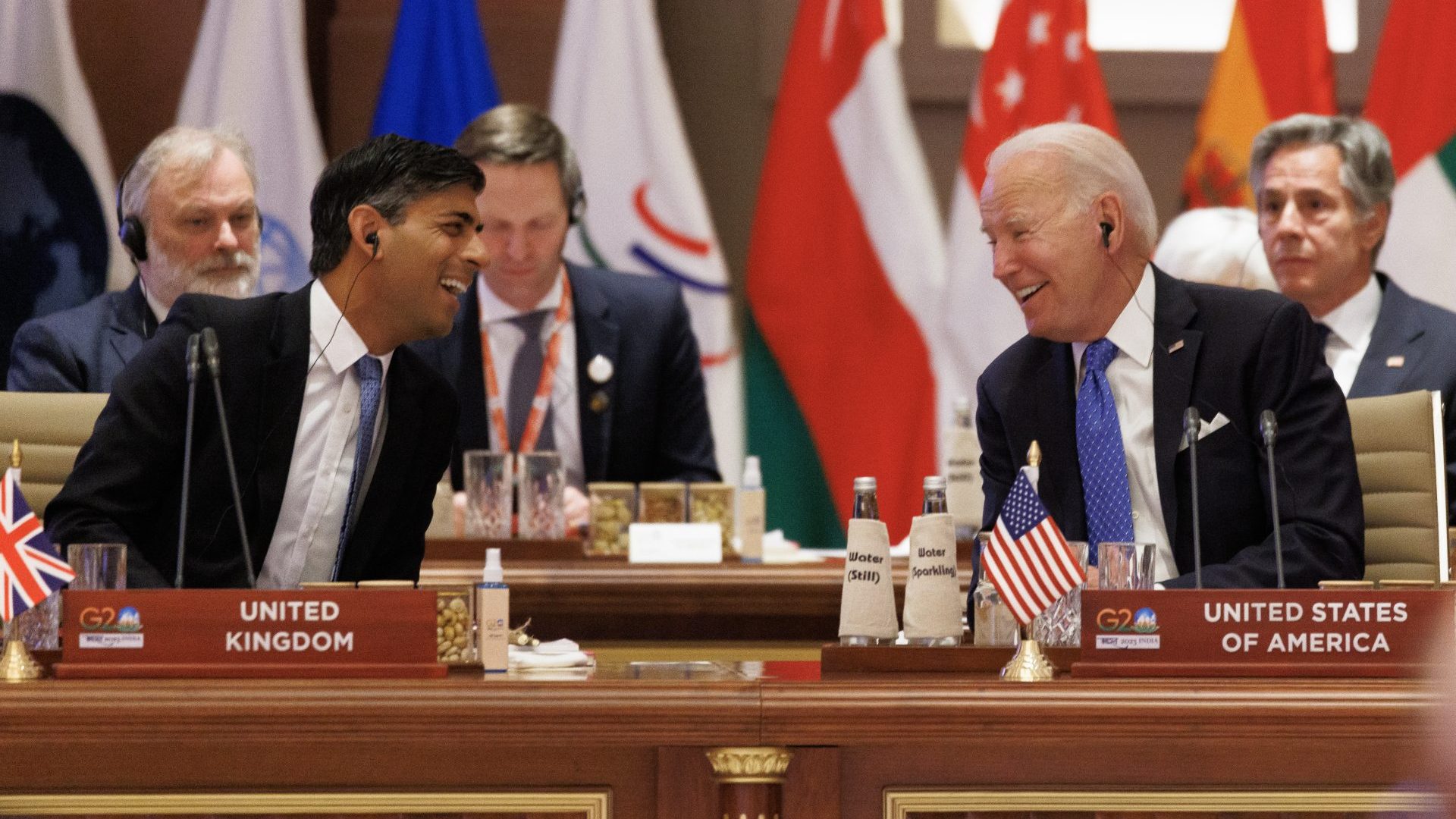Alas poor US-UK trade deal, we truly never knew ye. Successive post-Brexit trade ministers have had to wave around tiny trade deals barely worthy of the name as part of their relentless hunt for Brexit ‘victories’.
The biggest of all of those ‘wins’, secured recently by Kemi Badenoch, was the UK’s entry into the Trans-Pacific Partnership of 12 Pacific nations. It certainly gathered good headlines, but when the independent Office for Budget Responsibility actually scored its likely effect on the UK economy would be a boost of 0.04% to GDP after 15 years.
In other words, for every £25 the UK economy generated by that time, the best post-Brexit trade agreement we have signed would add a single extra penny to that total. It is not quite the pot of gold at the end of the rainbow the “Brexit freedoms” crowd was promising.
That is why a US trade deal took on such significance: it had long been the deal largely going nowhere with the EU, and it is still the world’s biggest economy. The UK’s national ego has long been tied into our “special relationship” with America and our supposed ability to be a bridge between the US and Europe.
As a result, getting a deal with the US could be a substantial economic boost and an even bigger psychological one. The problems were that there were very few reasons to believe an independent UK would ever be any better at getting a trade deal than the much more significant economic power that the EU represents would.
Like many countries, the USA quite reasonably only wants to sign trade deals in which it thinks it will get the biggest benefit. For the US, a high priority for trade deals is the country’s huge agricultural sector, which allows many chemicals and genetically modified crops that the UK doesn’t, and which has a very different approach to animal welfare and hygiene.
The UK is much more like the EU than it is like America on this: we care more about animal welfare than most of our European neighbours, and much more than Americans. Chlorine- washed chicken and hormone-fed beef were non-starters here. That kept agriculture off the table, which meant that a full-scale trade deal was never on the cards.
What the UK was trying to secure, then, was something it could call a trade deal rather than something as fully fleshed out as a real trade deal – some fringe benefits and special treatments to wave around as a win.
It is likely this that sparked Rishi Sunak to finally force something of a deal on the Irish border issue: Biden has a known affinity for Ireland, and so was not going to do the UK any favours while Ireland wasn’t happy. So to try to get even a crumb, that had to be fixed.
The problem was Sunak was not left with much time. Biden is now in election mode, as is his party. They need the battleground states to be onside, and so they are not going to sign anything that isn’t clearly beneficial to American jobs.
One of the big wins of the deal the UK would have been seeking would have been to help UK carmakers sell their vehicles into the American market. When the president is trying to show himself standing alongside American autoworkers and unions – joining a picket line for the first time in decades – that was a non-starter. A deal would always have been hard, but a deal in election year was never happening.
The details of these tales are different every time, the particular circumstances vary, but the story stays the same: the costs of Brexit are very real and almost never mentioned, while the benefits involve a lot of frenetic activity that ends up with virtually no results. Still, at least we got the New Zealand trade deal, eh?











